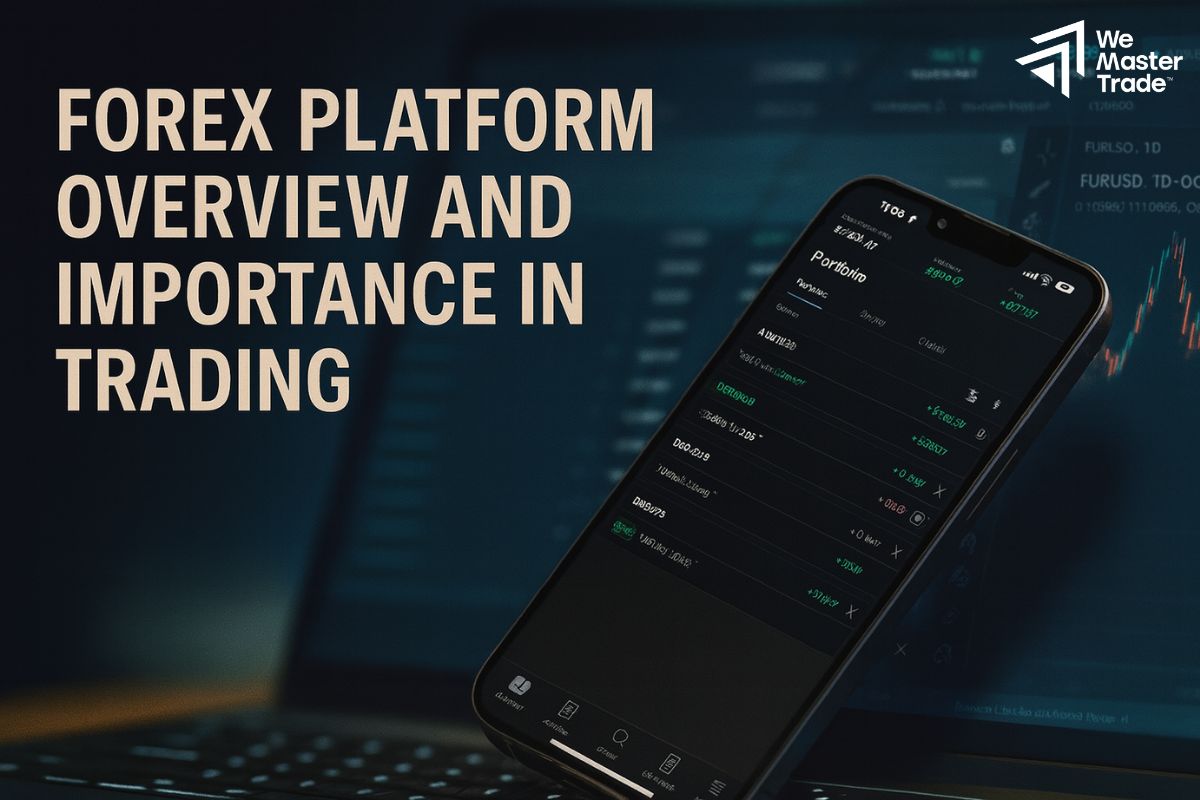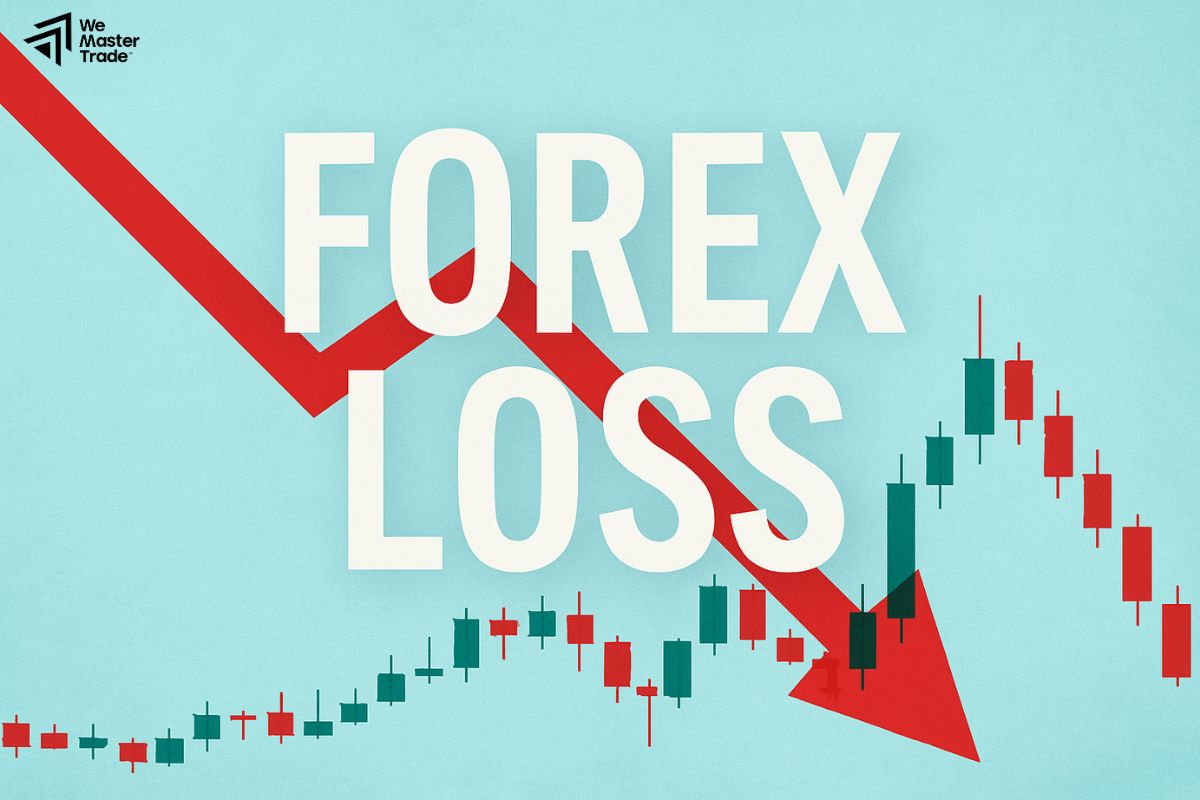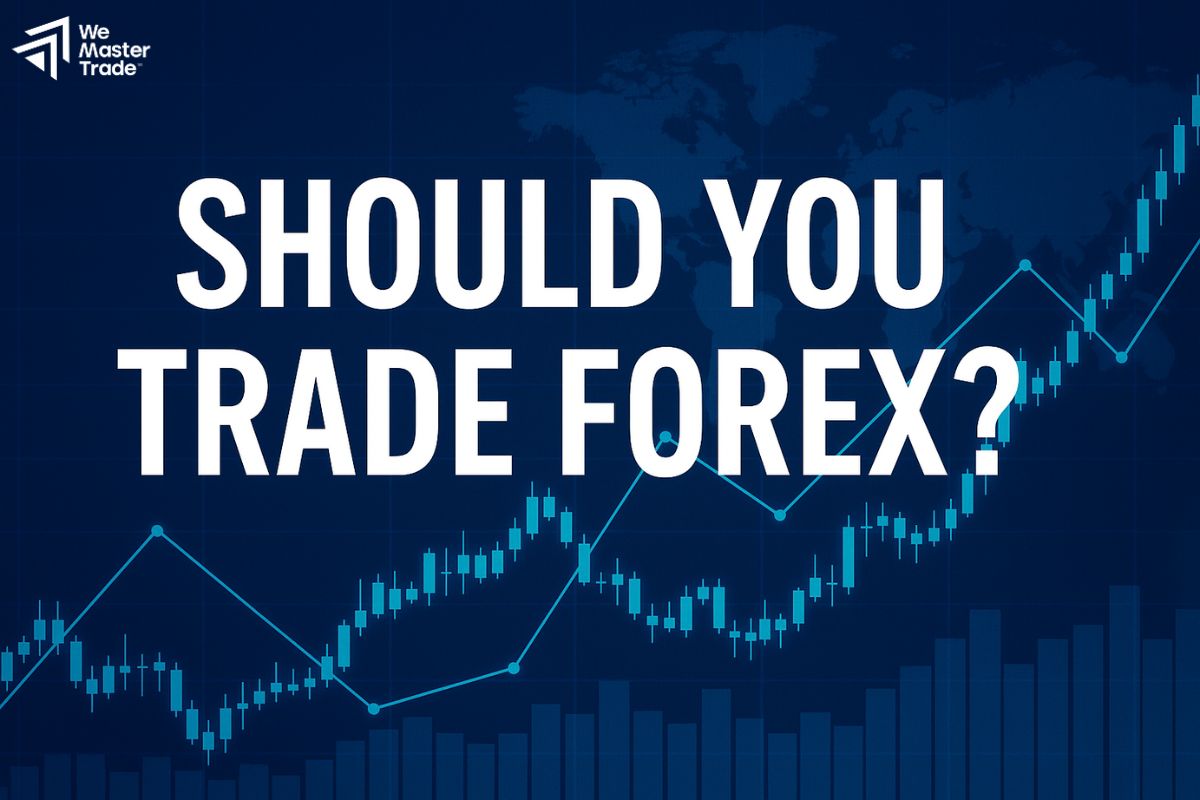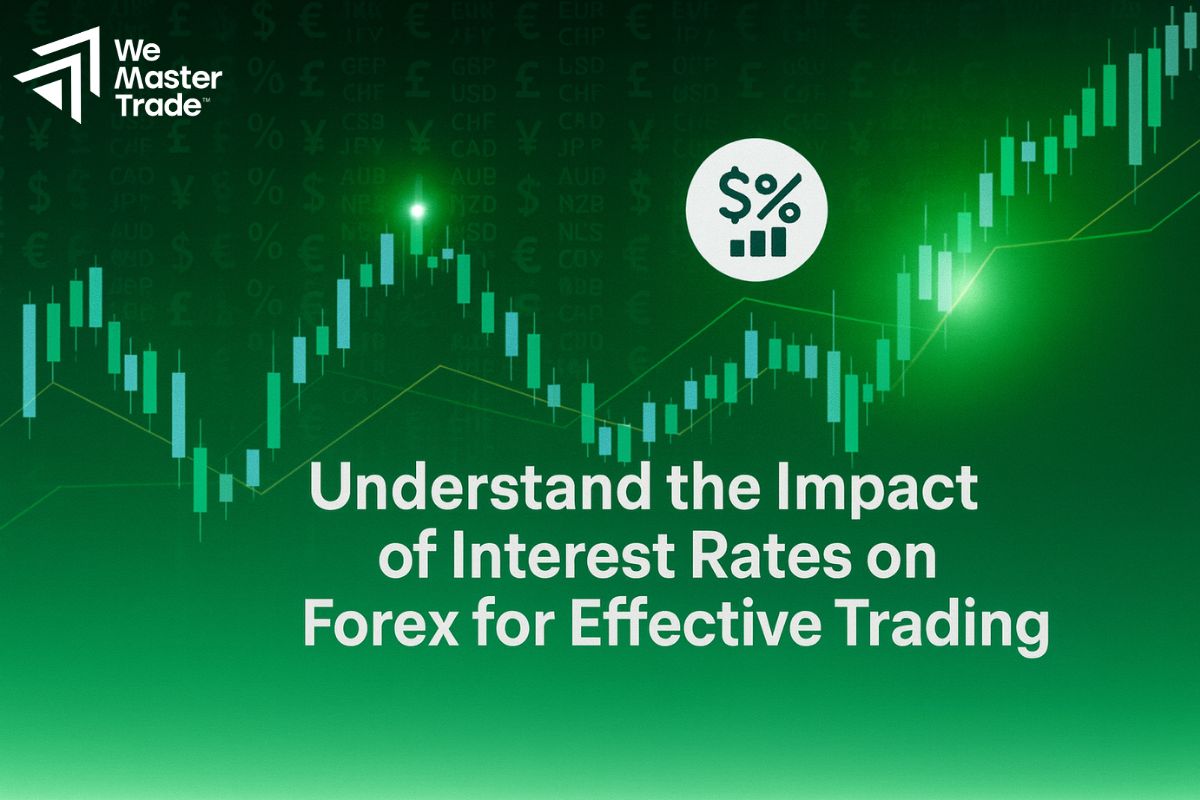In the financial markets, knowledge and skills are only part of the picture. Psychological factors play an important role, which can determine the success or failure of a trader. A common but dangerous phenomenon is the emotional trader model. Understanding emotional traders not only helps to identify common mistakes but also creates a foundation for building discipline, thereby maintaining sustainability in trading.
What is an Emotional Trader?

Emotional traders are those who make decisions based on emotions rather than planning or logical analysis. Instead of considering market data, price charts or risk management principles, they are often driven by temporary moods: fear of loss, greed for profit, or regret for missed opportunities.
The hallmark of emotional traders is their inconsistent behavior: today they may take a risky trade out of greed, but tomorrow they may exit early out of fear. This creates a spiral of instability, making it difficult for them to maintain stable results in the long term.
See also:
- Effective Prop Firm Capital Protection Secrets Traders Need to Know
- The Most Effective Prop Firm Trading Trends Nowadays
- Short Selling in Prop Firms – Is This Strategy Truly Effective?
- Understanding Prop Firm Costs: What Traders Need to Know
Reasons Why Emotional Traders Form
There are many factors that make traders easily fall into an emotional state:
Influenced by fear and greed
The two most common emotions in finance are fear and greed. When prices fall, emotional traders often sell off because they are afraid of losing more money. Conversely, when prices rise, they tend to buy without careful analysis just because they are afraid of missing out on opportunities.
Overconfidence in Prediction
Some traders believe that they have the ability to “read” the market better than others. This overconfidence can easily turn into overtrading, and as a result, their accounts are quickly eroded. This is one of the clear characteristics of emotional traders.
The Crowd Effect
The herd mentality is the reason why many people act according to the majority. An emotional trader often rushes into a trend just because they see many people doing so, without assessing the actual risks.
Negative Impact of Emotional Traders
Lack of discipline and emotional biases have many consequences for the trading process:
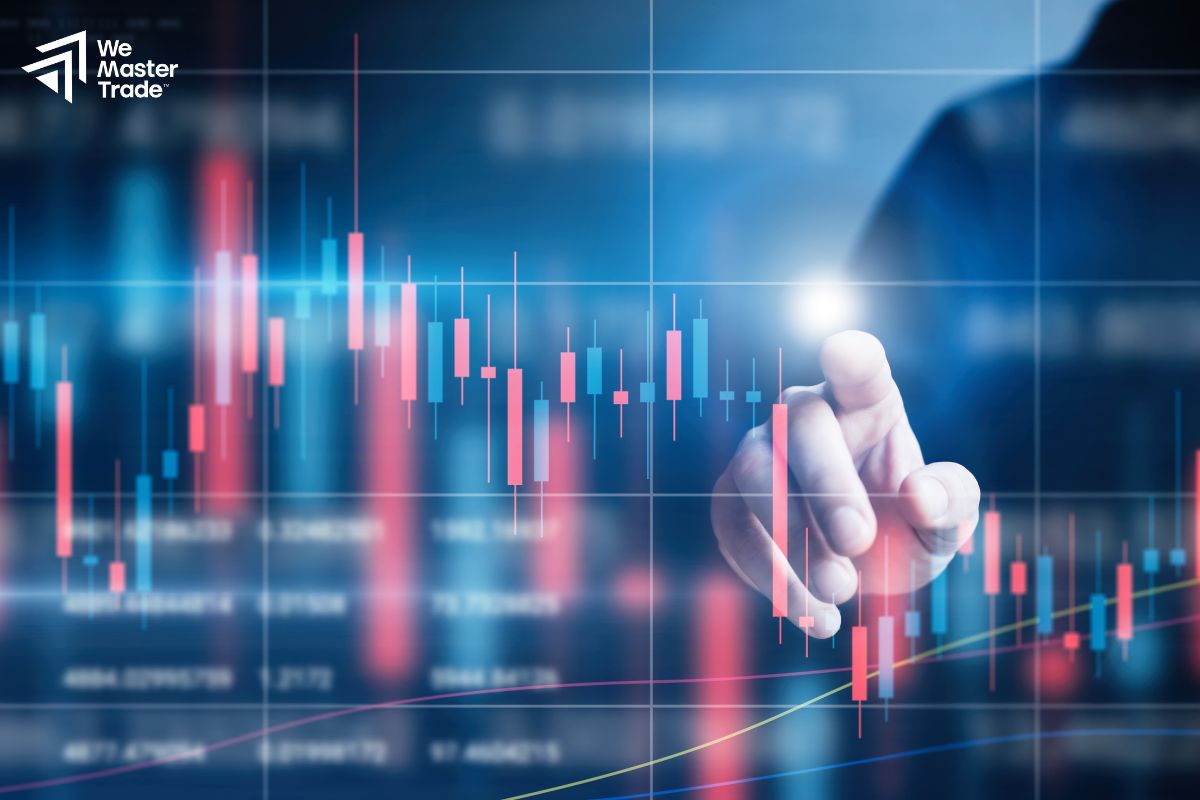
Uncontrolled Losses
An emotional trader is easily led by emotions, ignoring the stop loss or moving the stop loss unreasonably. This can cause a small initial loss to become a big loss.
Unstable Trading Performance
Unlike those who follow a plan, emotional traders often have patchy results: big profits in a few orders but lose everything in just one wrong decision. Performance therefore cannot be maintained in the long term.
Creates Psychological Pressure
Continuously changing decisions, regretting opportunities or panicking when losing puts traders in a state of stress. This further increases the emotionality in subsequent transactions.
Behavioral Biases Related to Emotional Traders
To understand more deeply, it is necessary to analyze some common biases that emotional traders often have:
Herd Behavior
Following the crowd to buy and sell without separate analysis, leading to price fever or unreasonable sell-offs.
Overconfidence
Believing that you are always right, causing traders to place too large a position or trade too frequently. This is a typical weakness of emotional traders.
Loss Aversion
Putting the fear of loss above the joy of making a profit. This causes traders to hold losing positions for too long and close profits too soon.
Anchoring
Clinging to a false reference price, for example, holding a stock just because it hopes to return to the original purchase price, despite the worsening outlook.
How to Limit Emotional Traders in Trading?
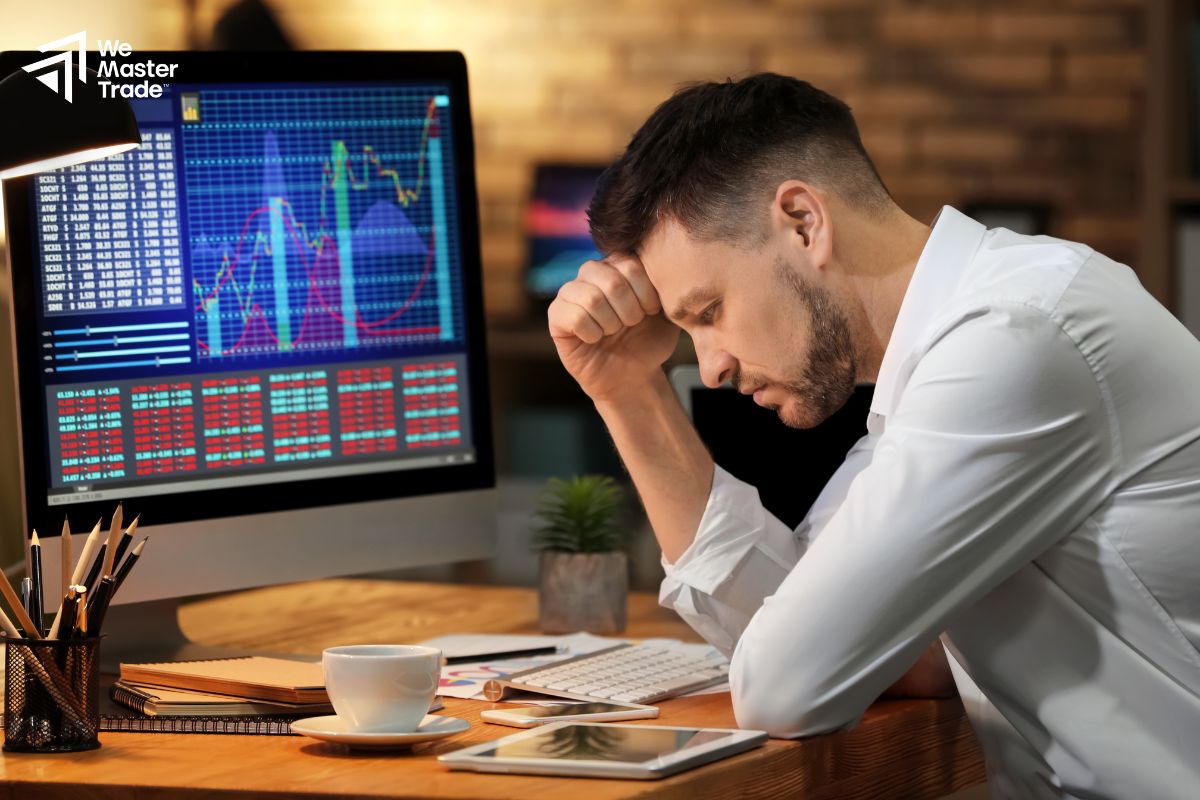
In trading, emotions cannot be completely eliminated. However, if well controlled, traders can minimize their negative impact on trading decisions. Especially for emotional traders, building a scientific control mechanism is vital. Here are some effective methods:
Build a clear trading plan
A detailed plan including entry points, take-profit points, stop-loss levels and trading volume will help emotional traders limit hasty decisions. When they have a scenario in place, they will be less likely to be swept away by immediate market fluctuations.
Practice discipline
Discipline is the strongest “shield” against emotions. Strictly adhering to the principles set out in advance will help traders maintain objectivity, avoiding changing decisions due to temporary emotions.
Apply strict risk management
One of the most effective tools for controlling emotions is risk management. Always set a stop loss, adjust the order volume according to the account size, and absolutely do not take too much risk. This not only protects the account but also reduces psychological pressure – which is the reason why emotional traders are prone to mistakes.
Improve understanding of behavioral finance
When understanding common psychological biases in trading, traders will easily identify when they are acting emotionally. This is an important step to promptly adjust their behavior, turning self-awareness into an advantage.
Conclusion
In short, emotional trader is a common phenomenon in finance, where emotions overwhelm reason, leading to inconsistent and high-risk decisions. Understanding the causes, impacts and ways to control emotions not only helps limit losses but also creates a foundation for maintaining long-term stability. Identifying, accepting and managing emotions is the way to avoid becoming an emotional trader – an important lesson for anyone participating in the market.
See here:




